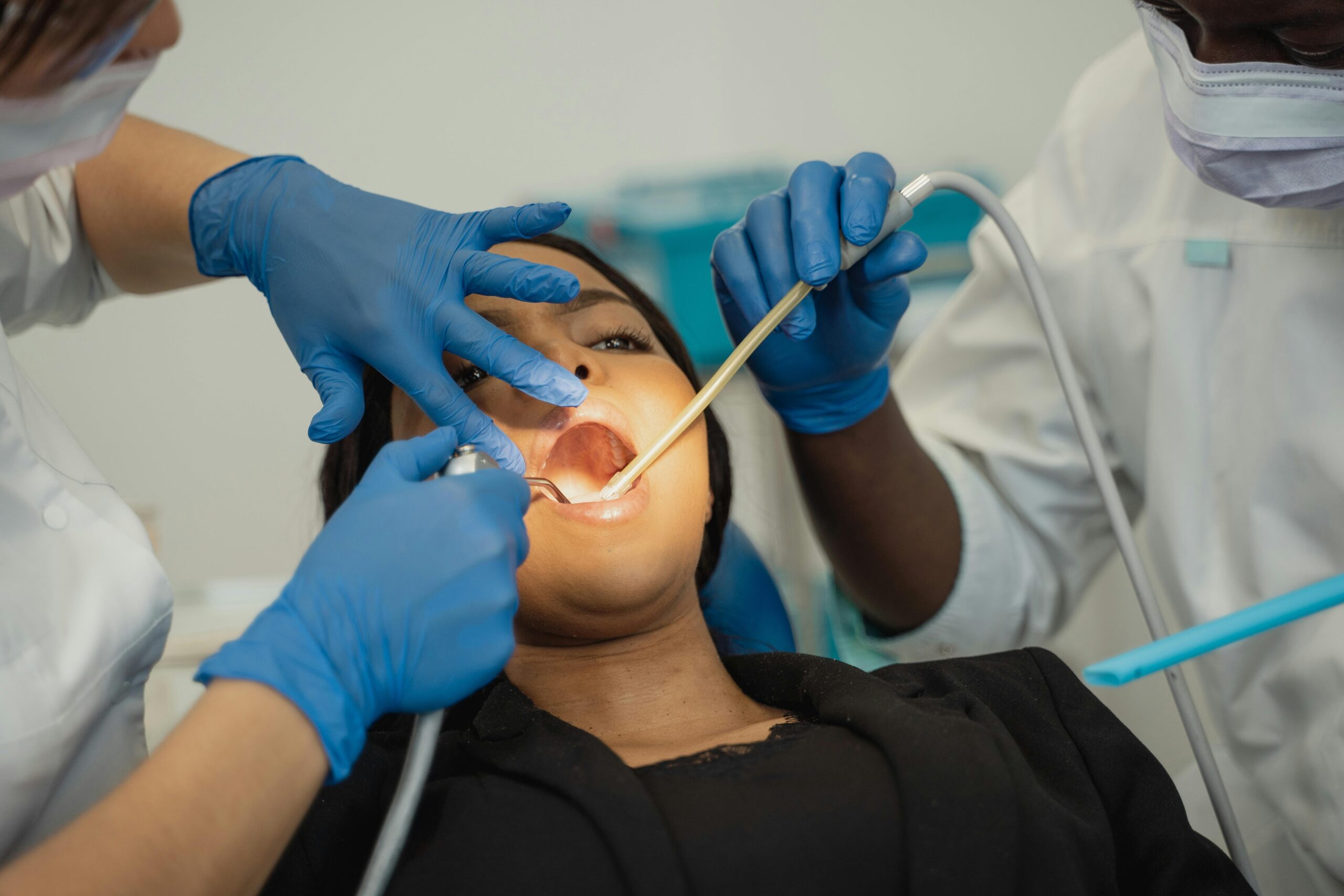A healthy, vibrant smile is more than just a cosmetic concern – it’s a window to your overall well-being. Your teeth play a vital role in your quality of life, influencing everything from digestion and nutrition to self-confidence and social interactions. However, maintaining optimal oral health requires more than just occasional dental visits.
With the alarming rise of tooth decay, gum disease, and other oral health issues, it’s essential to take a proactive approach to protecting your teeth. By incorporating simple yet effective habits into your daily routine, you can significantly reduce the risk of oral health problems and ensure a lifetime of healthy, strong teeth.
In this comprehensive guide, we’ll explore the best practices for optimal oral health, covering essential topics such as:
– Brushing and flossing techniques
– Dietary considerations
– Regular dental check-ups
1. Brushing Techniques: The Key to a Healthy Smile
Regular brushing is the foundation of good oral hygiene, playing a crucial role in maintaining healthy teeth and gums. By removing plaque, bacteria, and food particles, brushing helps prevent tooth decay, gum disease, and bad breath.
Importance of Regular Brushing
Brushing regularly is essential for:
-Removing plaque, a sticky film of bacteria, from teeth
-Preventing tartar buildup, which can lead to gum disease
-Maintaining healthy gum tissue and preventing recession
-Reducing the risk of tooth decay and cavities
-Freshening breath and boosting confidence
Choosing the Right Toothbrush
When selecting a toothbrush, consider the following:
Manual toothbrushes are inexpensive, portable, and effective, while electric toothbrushes offer additional features such as timers, pressure sensors, and rotating heads. Electric toothbrushes can be particularly beneficial for individuals with limited dexterity or those who struggle with proper brushing technique.
Brushing Frequency and Duration
Dental experts recommend brushing teeth at least twice a day, in the morning and before bed, for a duration of two minutes each time. This allows for thorough removal of plaque and bacteria, reducing the risk of oral health issues.
Proper Brushing Technique
Mastering proper brushing technique is crucial:
Hold the toothbrush at a 45-degree angle against the gum line
Gently move the toothbrush in circular motions, ensuring all surfaces are cleaned
Focus on areas where teeth and gums meet
Avoid applying excessive pressure, which can damage gums and tooth enamel
Replace toothbrushes every three to four months or sooner if bristles become frayed
Additional Tips for Effective Brushing
Brush all surfaces, including front, back, and top teeth
Pay special attention to molars and areas surrounding dental work
Use a fluoride toothpaste and mouthwash for enhanced protection
Avoid brushing too hard, as this can lead to gum recession and tooth wear
Supervise children’s brushing to ensure proper technique
Dental Check-Ups and Cleanings: The Cornerstone of Preventative Oral Care
Regular dental visits are essential for maintaining optimal oral health. The Australian Dental Association recommends scheduling check-ups every six months. These routine appointments enable dentists to identify potential issues before they escalate into more severe problems.
Importance of Regular Dental Visits
Regular dental check-ups offer numerous benefits:
By detecting oral health issues early, dentists can provide minimally invasive treatments, reducing the need for costly and complex procedures. Regular visits also allow dentists to monitor changes in your oral health, tracking progress and adjusting treatment plans accordingly.
What to Expect During a Dental Check-Up
A typical dental check-up includes:
-A thorough examination of teeth, gums, and surrounding tissues.
-An assessment of oral hygiene habits and dietary influences.
-A visual inspection for signs of tooth decay, cracks, or other damage.
-An evaluation of gum health, including measurements of pocket depth.
-A check for oral cancer and other systemic health issues.
-Discussion of treatment options and preventative measures.
Benefits of Professional Cleanings
Professional cleanings, also known as scaling and polishing, provide numerous benefits:
-Removal of tartar buildup, reducing the risk of gum disease.
-Control of plaque, preventing tooth decay and cavities.
-Improved gum health, reducing inflammation and bleeding.
-Enhanced oral hygiene, boosting confidence and overall well-being.
-Prevention of bad breath and gum recession.
The Cleaning Process
During a professional cleaning:
-Your dentist will use an ultrasonic scaler to remove tartar and plaque.
-A gentle polishing will remove surface stains and smooth tooth surfaces.
-A fluoride treatment may be applied to strengthen tooth enamel.
Tips for Preparing for Your Dental Check-Up
-Schedule your appointment at a convenient time.
-Arrive early to complete necessary paperwork.
-Be prepared to discuss your oral hygiene habits and concerns.
-Ask questions and seek clarification on treatment options.
Healthy Diet and Nutrition: The Key to a Strong, Healthy Smile
A well-balanced diet plays a vital role in maintaining optimal oral health. Consuming high-sugar and acidic foods and beverages can lead to tooth decay, erosion of tooth enamel, and increased risk of gum disease. On the other hand, a diet rich in essential nutrients can strengthen tooth enamel, support bone health, and boost collagen production.
Some key foods to include in your diet for optimal oral health are:
– Dairy products, rich in calcium and protein
– Leafy greens, such as spinach and kale, rich in antioxidants
– Fresh fruits, like apples and berries, which help cleanse teeth
By adopting a balanced diet and mindful eating habits, limiting sugary and acidic foods, and staying hydrated with water, you’ll significantly reduce the risk of oral health issues and maintain a strong, healthy smile. Regular dental check-ups and cleanings, combined with a healthy diet, will ensure a lifetime of optimal oral health.
Conclusion
Maintaining optimal oral health requires a multifaceted approach that combines proper brushing and flossing techniques, regular dental check-ups, and a balanced diet. By incorporating these simple yet effective habits into your daily routine, you’ll significantly reduce the risk of tooth decay, gum disease, and other oral health issues.
Remember:
Brush at least twice a day with a fluoride toothpaste
Visit your dentist every six months for check-ups and cleanings
Limit sugary and acidic foods and beverages
Incorporate calcium-rich dairy products, leafy greens, and fresh fruits into your diet
By prioritizing your oral health, you’ll enjoy:
A strong, healthy smile
Boosted confidence and self-esteem
Improved overall well-being
Reduced risk of systemic health issues linked to poor oral health
Take control of your oral health today and reap the rewards for a lifetime.

